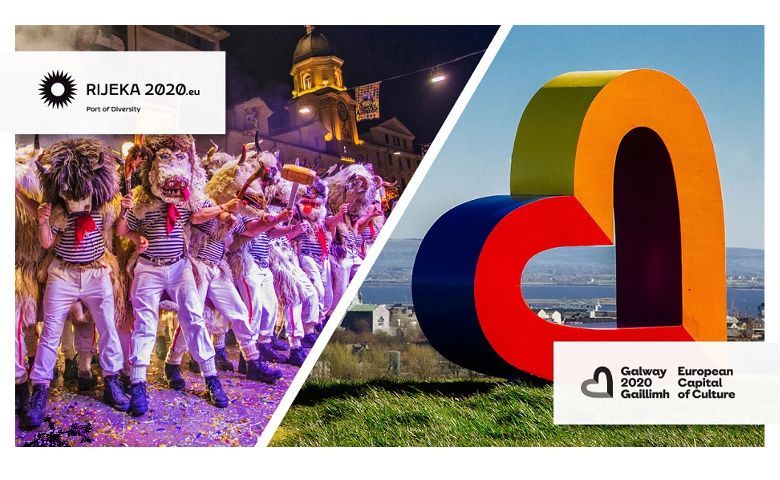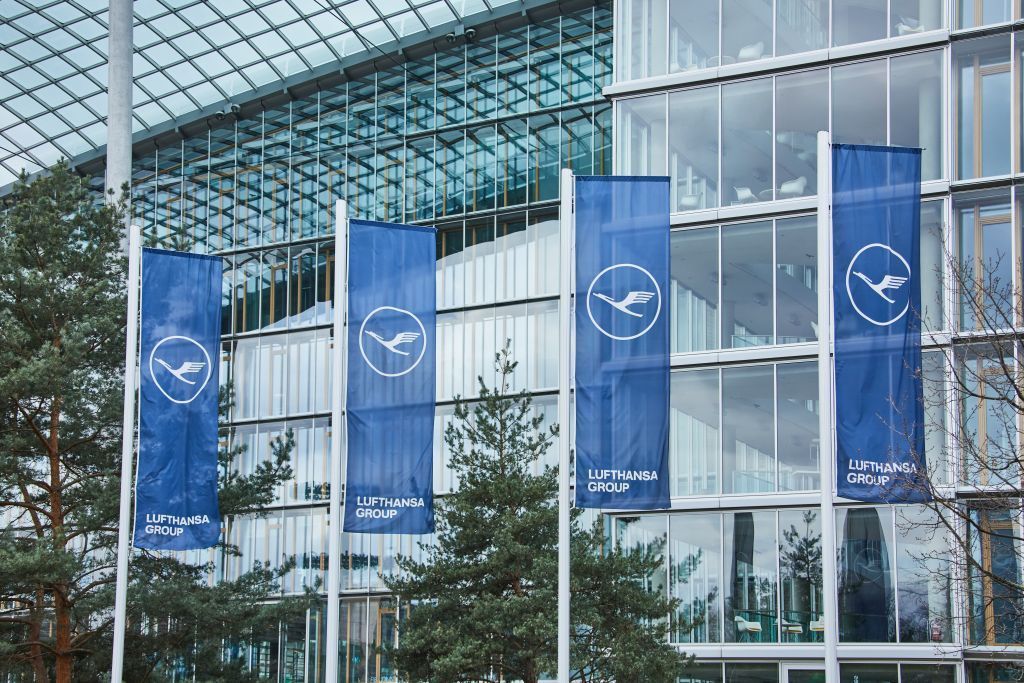Due to the effects of the coronavirus crisis, European Commission has decided to give Rijeka (Croatia) and Galway (Ireland) the possibility to extend their year as 2020 European Capitals of Culture until 30 April 2021.
Those cities have been severely hit, impeding them to implement their European Capital of Culture initiatives. The Commission also proposes to postpone the year in which Novi Sad (Serbia) is due to host a European Capital of Culture from 2021 to 2022 and the year in which Timisoara (Romania) and Elefsina (Greece) will hold the title from 2021 to 2023.
Margaritis Schinas, Vice-President for Promoting our European Way of Life, said: “Rijeka and Galway deserve a fair chance to bounce back and showcase their resilience and creativity. Opening hearts and minds, welcoming diverse audiences and artists has always been the lifeblood of the European Capitals of Culture. And it shall remain so. I am confident that for Novi Sad, Timisoara and Elefsina, additional time will allow weathering the current downturn in the cultural and tourism sectors and mobilising relevant investment, including through solidarity at European level.”
Mariya Gabriel, Commissioner for Innovation, Research, Culture, Education and Youth, said: “Culture has been badly hit by the pandemic and European Capitals of Culture are no exception. Despite the energy, enthusiasm and professionalism of their teams and partners, Rijeka and Galway were unable to roll out their 2020 European Capital of Culture programmes as planned. I hope that both cities will make the most of the possibility offered to them to prolong their special year. I am sure that Timisoara, Elefsina and Novi Sad, the European Capitals of Culture next in line, will benefit from extra time to prepare their ambitious programmes.”
The Commission’s proposal now passes to the European Parliament and the Council for consideration and final adoption.












